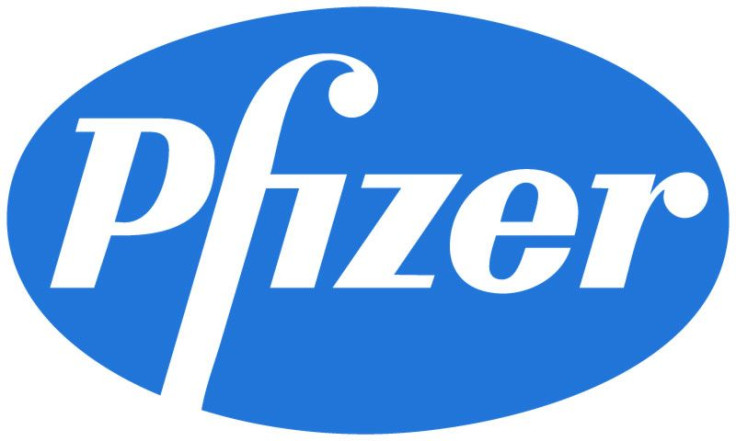Pfizer Non-Hodgkin Lymphoma Drug Inotuzumab Ozogamicin Fails In Late Stage Clinical Trials

In what looked like a promising drug in previous clinical trials, Pfizer Inc. discontinued Phase III clinical trials for a new drug treatment for Non-Hodgkin Lymphoma (NHL). Overall survival using the medication was not increased compared to the control arm of the randomized study. The study was stopped in the middle after an independent Data Monitoring Committee realized that Inotuzumab Ozogamicin treatment would not meet the end stage goal of increased survival.
"We are working to better understand the findings from this review to determine if there are any patterns of outcome that may help us gain greater understanding of the potential effect of inotuzumab ozogamicin in specific patient subsets within the heterogeneous patient population enrolled in this trial," said Dr. Mace Rothenberg, senior vice president of Clinical Development and Medical Affairs for Pfizer's Oncology Business Unit.
Dr. Rothenberg continued, "Hematologic cancers are a complex group of diseases, with more than 70 different types of lymphomas, leukemias or myelomas that require unique treatment options. We remain committed to evaluating inotuzumab ozogamicin in patients with hematologic malignancies."
The drug was one in a new category of drugs that combine specific monoclonal antibodies that stick to certain receptors and are connected with a chemotherapeutic agent. This would allow the chemical to attack only to cancerous B cells, and deliver a dosage of cell killing medicine. Inotuzumab Ozogamicin was a combination of Inotuzumab, an antibody specific for a surface protein found on cancerous NHL cells called CD22 and Ozogamicin, a cell killing chemical. Another drug in the catrgory of conjugate drugs is Kadcyla, a combination of the populat Her-2 positive breast cancer treatment Herceptin, linked to mertansine (DM1), a cell killing agent. Kadcyla was approved by the FDA on February 22 of this year.
The study consisted of two groups, the treatment and the control. The treatment group was not eligible for chemotherapy and was also treated with Roche's Rituxin (Rituximab). The control group was treated with Rituxan and Teva's Treanda or Rituxan and the chemotherapy drug, gemcitabine.
The drug was originally developed by Wyeth, which was by Pfizer in 2009, and a similar drug was developed using the same cell killing agent linked to an CD33 specific antibody. The drug called Gemtuzumab ozogamicin was put on the market in 2000 for the treatment of acute myelogenous leukemia (AML), but was taken off the market in 2010 because of lack of evidence of benefit and increased deaths.
NHL is the one of the most common blood cancers in adults and In 2008, there were approximately 355,900 new cases of NHL worldwide, and around half that number of people die from the disease each year.
This follows a recent late stage Phase III failure of Enzastaurin, a VEGF inhibitor for diffuse large B-cell lymphoma announced by Eli Lilly on May 10.



























